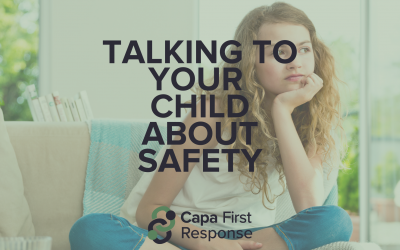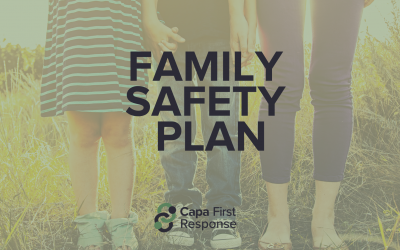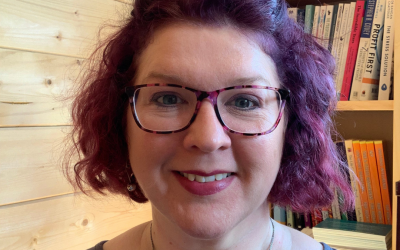Episode 4: The Drama Triangle
In this episode, we dive into two powerful models that help us understand how we show up in conversations and conflicts. We explore the Drama Triangle, a really useful framework for recognising the roles we slip into when tension rises and the Communication Pie, which breaks down what truly carries weight in how we communicate.
Spoiler: it’s not the words! Most of what we “hear” comes from body language and tone. So if someone’s words sound fine but something feels off, you’re probably picking up on the real message beneath the surface.
This episode has some great visual prompts so do watch if you can.
This season of The Capa Podcast is funded by East Sussex County Council, allowing us to make these resources freely available to families. You can both listen and watch these episodes.
Do check out all our episodes in the season, each week we will continue to share strategies, stories and reflections to help families face the challenges of CAPA with greater confidence and hope.


